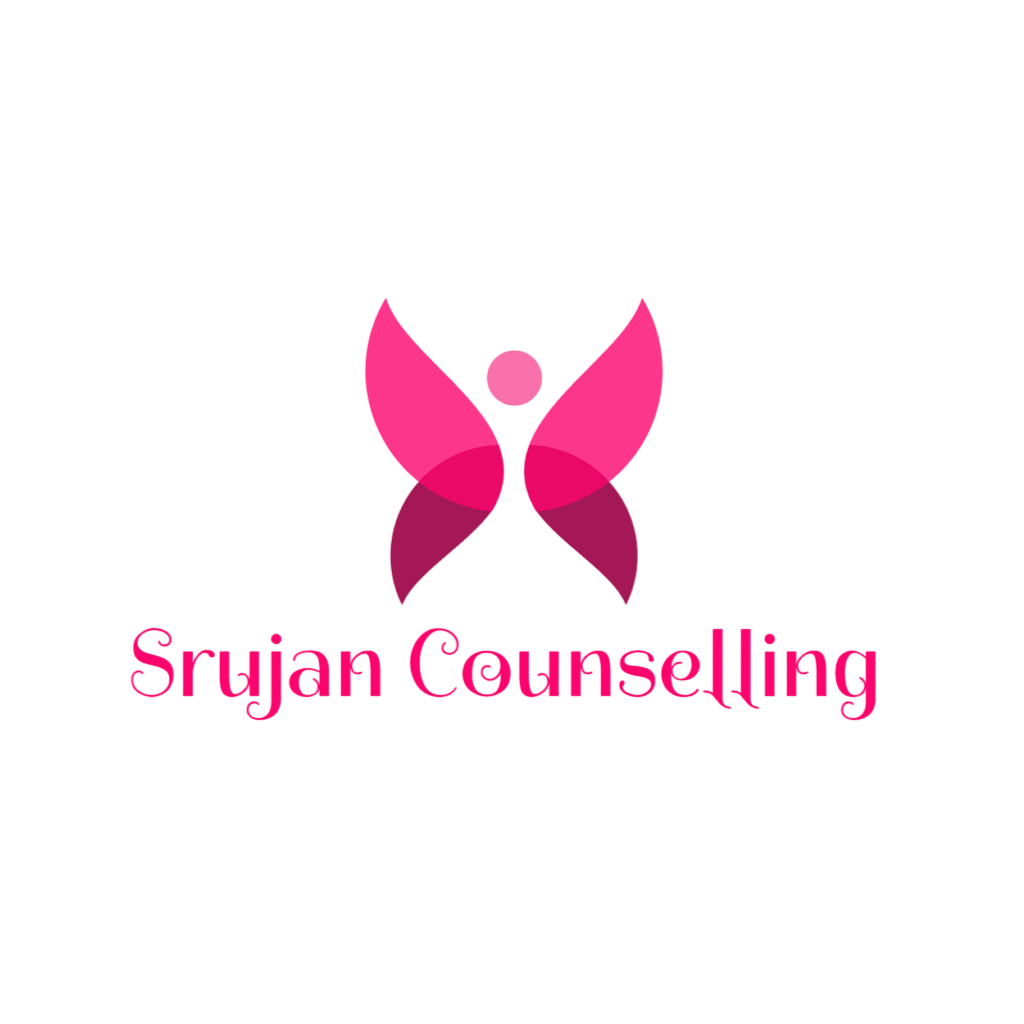
FAQ
Generally Asked
Questions.
What is Counselling? + -
Counselling consists of a professional relationship between a trained counselor and a client. The process of counselling helps clients to resolve emotional and interpersonal problems, and aids them in achieving their self-determined goals of mental health, wellness, career and education.
Counselling provides confidentiality, informed consent and a safe, neutral space for individuals to address their problems.
What is Psychotherapy? + -
In the process of Psychotherapy, therapists use evidence-based therapy models in order to help clients overcome their problems and develop effective behaviour. Some types of psychotherapy that are commonly utilised include Cognitive Behaviour Therapy (CBT), Rational Emotive Behaviour Therapy (REBT), Solution-Focused Brief Therapy (SFBT), Narrative Therapy, etc. Psychotherapy is used for more severe cases and consists of a deeper and intensive level of work, often lasting for a longer period of time.
What kind of issues are addressed in counseling? + -
Counselling can be used to address problems such as stress, anxiety, depression, interpersonal conflict, family and marriage conflict, career and education issues, etc. Children, adolescents and adults can all avail counselling sessions.
Do I need to see a counselor? + -
If you experience any kind of distress, anxiety or conflict which is causing disruption in your daily life activities, it is advisable to see a counsellor. Persistent negative thoughts, feelings of hopelessness, helplessness and low mood may also require consultation. You can also receive counselling for educational and career purposes, and for improving your
relationships, mental health and general well-being.
What are the benefits of counseling? + -
● Problem solving
● Cognitive change (changing/replacing maladaptive thought patterns)
● Behaviour change (changing/replacing maladaptive behaviour)
● Improving relationships
● Gaining self awareness, self acceptance and empowering oneself
How many sessions does one require? + -
The number of sessions required for each individual varies, and is dependent upon several factors including the nature of the case. Some cases may require 6 to 8 sessions,
whereas more serious cases may need 10-15 sessions.
How can I make an appointment at Srujan? + -
Appointments are made via phone only. You can contact us on the number provided to book your appointment, or send us an email for any further queries.
